Catch a polar wave: Do you dare to surf Russia’s Arctic?
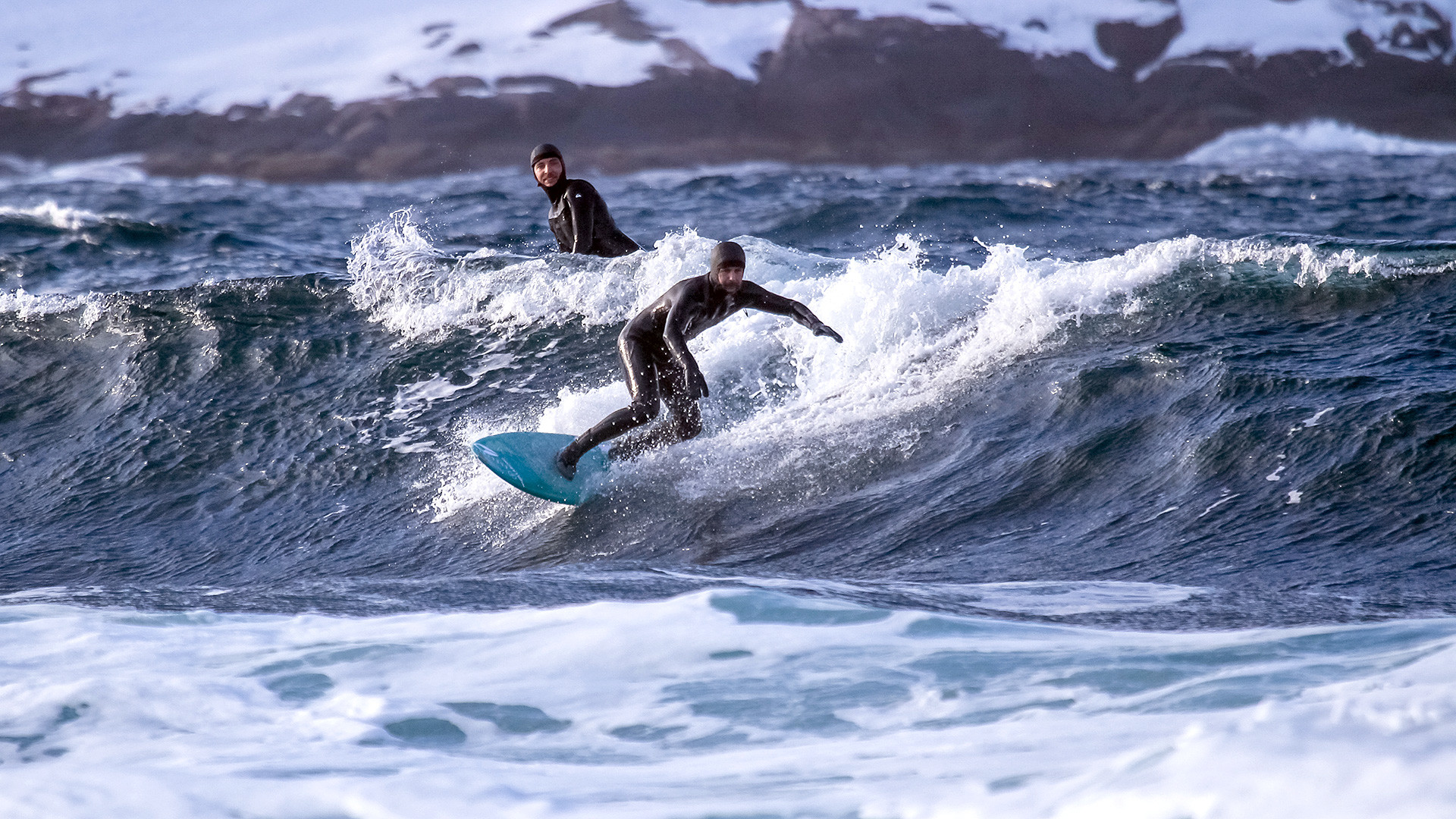
St. Petersburg resident Sergei Rasshivaev started surfing at age
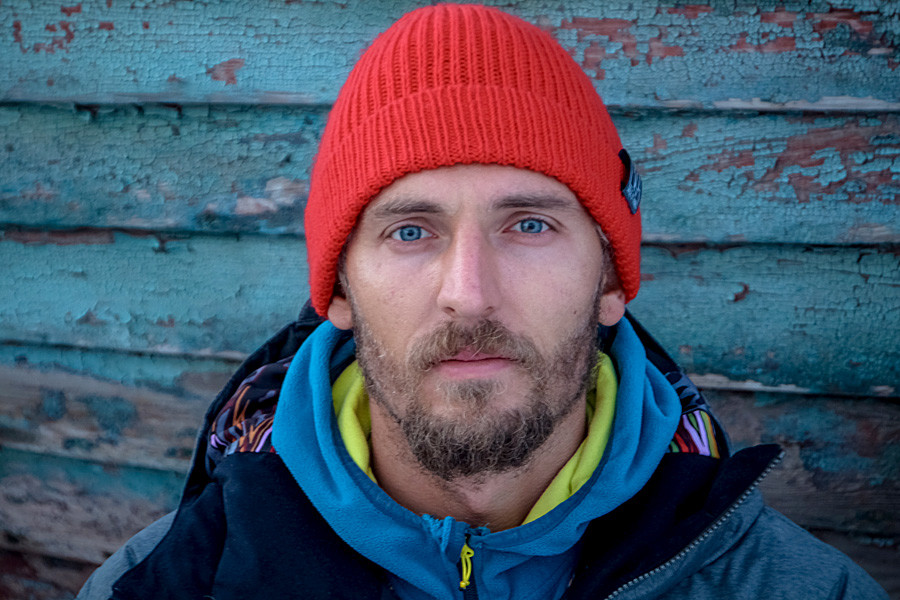
After I had surfed every ocean the next logical step was to try the Arctic Ocean.
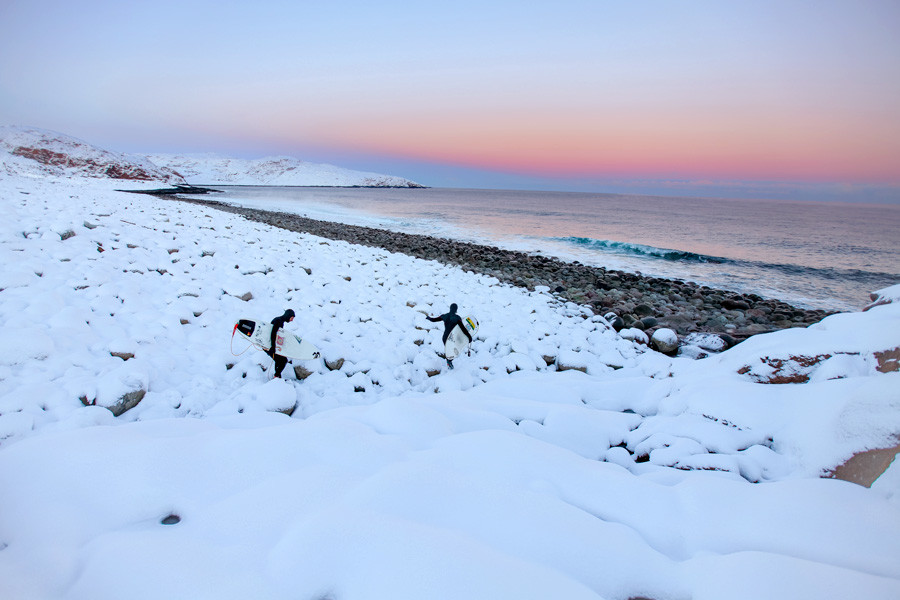
I’ve surfed in cold water, so the first time I wasn’t afraid. But later, there were scary moments. Once, I was nearly drowned by huge waves.
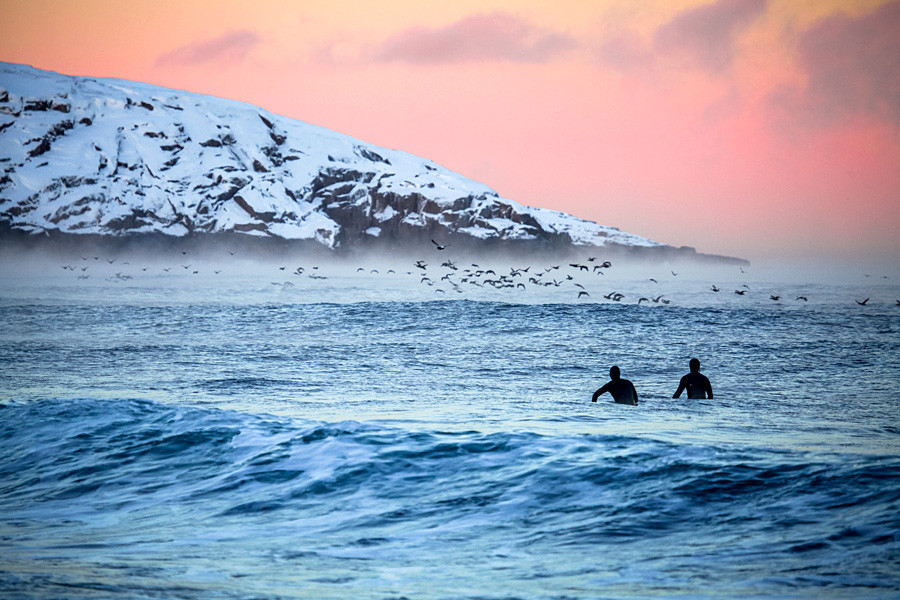
To cope with freezing temperatures, wear a good wetsuit. And as soon as you get out of the water change into dry clothes and get warm.
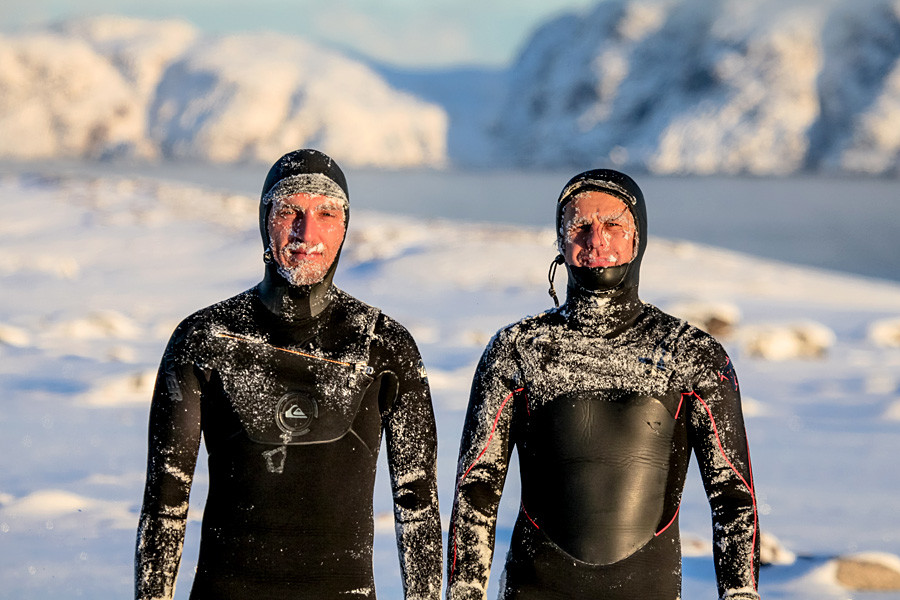
In the North, as everywhere else in Russia, the surfing season runs the entire year. Only in St. Petersburg do people stop surfing when ice appears.
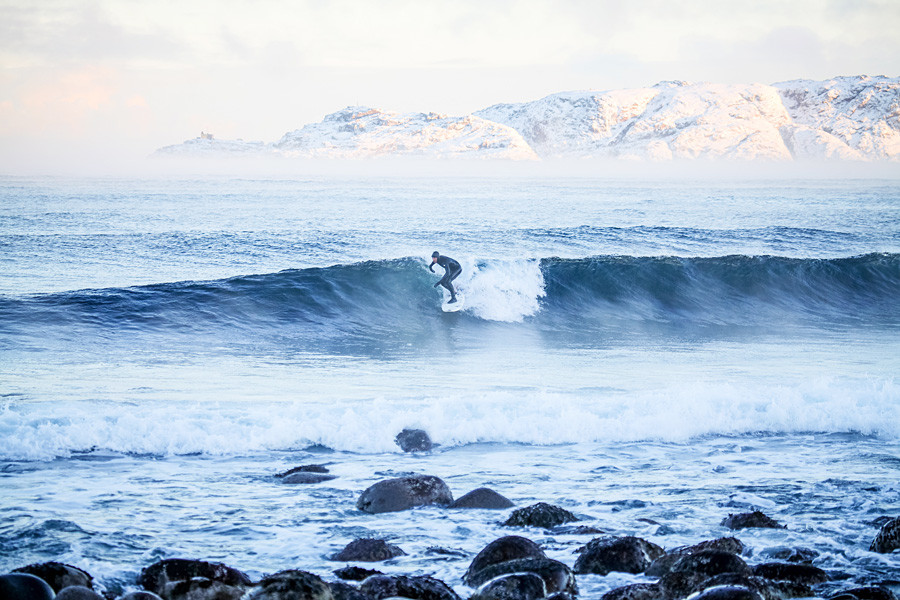
I love surfing at home in St. Petersburg. In
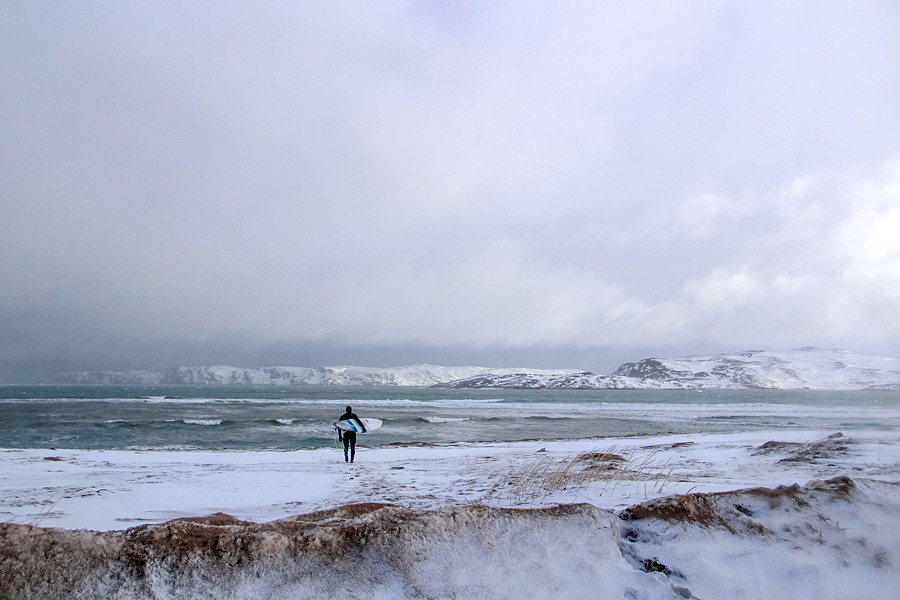
I have an Italian friend who often visits St. Petersburg and also surfs.
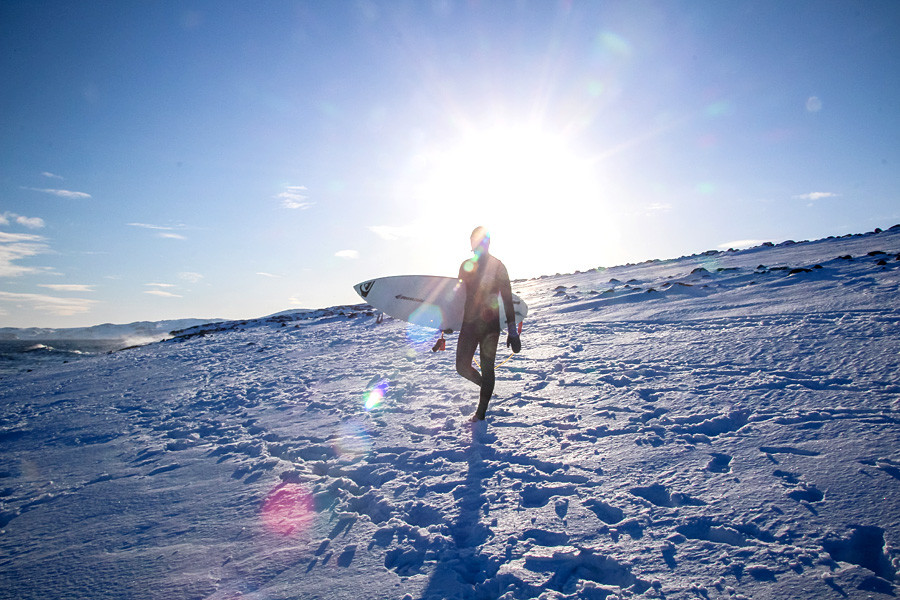
I definitely recommend foreigners to surf in Russia. Many foreigners surf in Kamchatka.
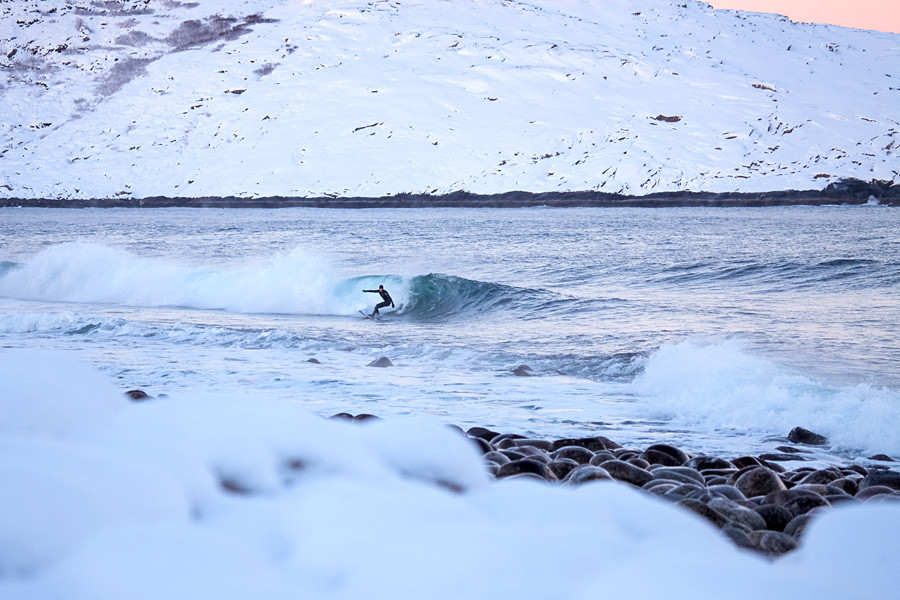
Of course, one should understand that a surfing trip to Russia is not about catching the perfect wave, but rather is a great reason to explore our country.
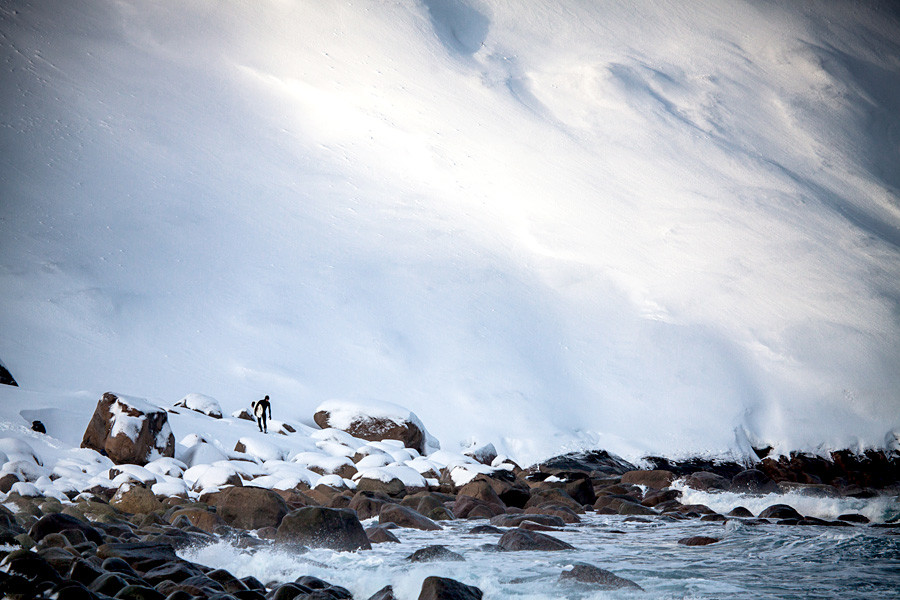
Try to surf everywhere in Russia, but a foreigner could face certain difficulties: most cities have poor infrastructure, and not everyone speaks English. In the Kurils and other border
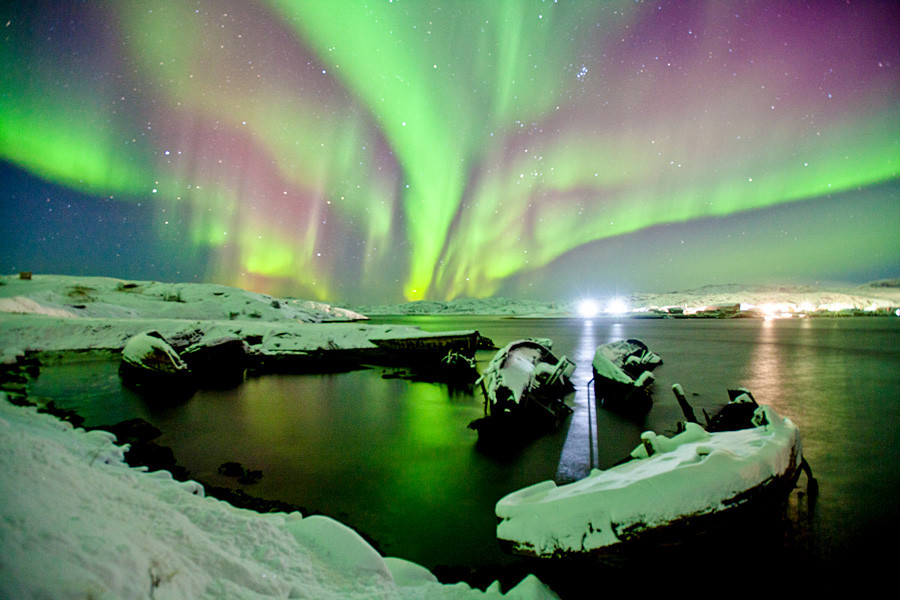
If using any of Russia Beyond's content, partly or in full, always provide an active hyperlink to the original material.
Subscribe
to our newsletter!
Get the week's best stories straight to your inbox